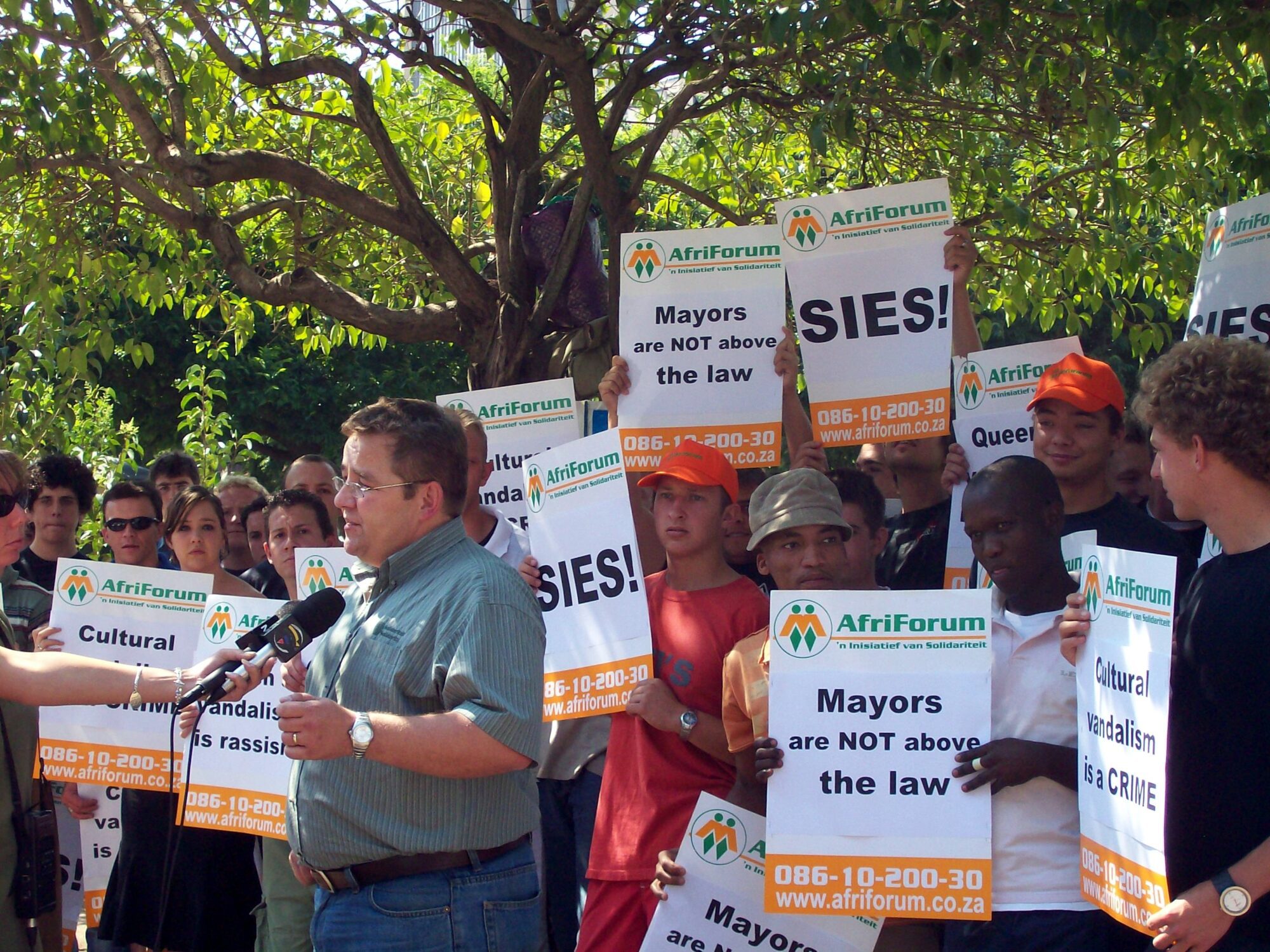
AfriForum, a civil society group that represents the interests of South Africa’s Afrikaner and Afrikaans-speaking minorities, has announced plans to start its own energy company. Its leader, Kallie Kriel, has said they are already in discussions with several major players in the private sector, including the South African-born CEO of C5, André Pienaar, a major shareholder in X-Energy. The latter is an American company that is innovating new designs for an advanced, modular, and commercial-scale nuclear reactor. This comes on the tail of a long-running, years-long crisis with South Africa’s energy system.
Eskom, South Africa’s main electricity provider, has long been failing to meet demand, with rolling blackouts being a feature of life since 2007. Eskom has termed this as ‘load shedding,’ the process of cutting power and planning blackouts in order to avoid a collapse of the national grid due to demand. Failure to upgrade existing energy sources and to invest in new ones; criminal damage to the electric infrastructure; problems of corruption with leadership have left Eskom unable to keep pace with the needs of a developing economy.
The failure has begun to impact the rest of the economy. Food production factories have shut down. Blackouts have caused food to spoil and go to waste, causing massive losses for store owners and farmers.
Thank you Eskom…12000 litres of milk sour due to your poor service… pic.twitter.com/kLlRHQhY4W
— Alan Stratford (@AlanStratford1) January 22, 2023
Many shops are now forced to keep backup diesel generators in the event of blackouts, causing the price of food and other goods to rise. Economists have forecast that unless the energy supply issues are resolved, South Africa’s economic growth will be capped at 1.5%, with others stating that there is a 45% chance the country will fall into recession this year as a result.
AfriForum was initially established in 2006 as a civil rights organisation with the intention to encourage withdrawn minority groups, such as Afrikaners and Afrikaans speakers, to engage and participate in civil society and the public sphere. From this initial point, involving court cases against hate speech from African National Congress politicians, challenging land expropriation without compensation, and raising awareness about the epidemic of farm murders, AfriForum has branched out to cover a considerable number of initiatives.
While Afriforum has been accused of being white nationalist and alt-right—due largely to its focus on Afrikaner rights—AfriForum has denied and defended itself against these accusations. Plenty of evidence can be found in court cases throughout the years that vindicates Afriforum of any racial bias.
However, there may be some credence to the possibility that AfriForum and the Solidarity movement—AfriForum’s parent organisation—are effectively creating a parallel state in South Africa. This may be because a staple of their policy has been to encourage local communities to become self-sufficient, a mandate that challenges the neoliberal spirit of globalised dependencies. However, the organisation has always insisted this be done within the bounds of South African laws. One such example was a campaign to get local municipalities to repair their own potholes. It was accompanied by a court case that established that once repaired, the municipalities and citizens could then charge the South African government for the service.
In the face of a state whose electricity crisis is only one, among many, failures, the creation of a private energy sector under the watch of civil society looks like not only an innovative response, but a perfectly rational and merited one.
